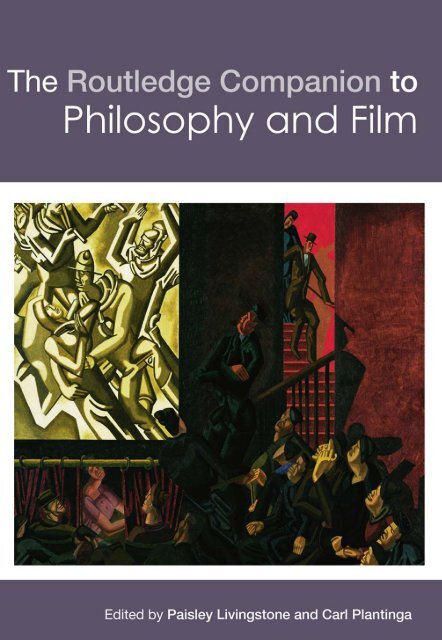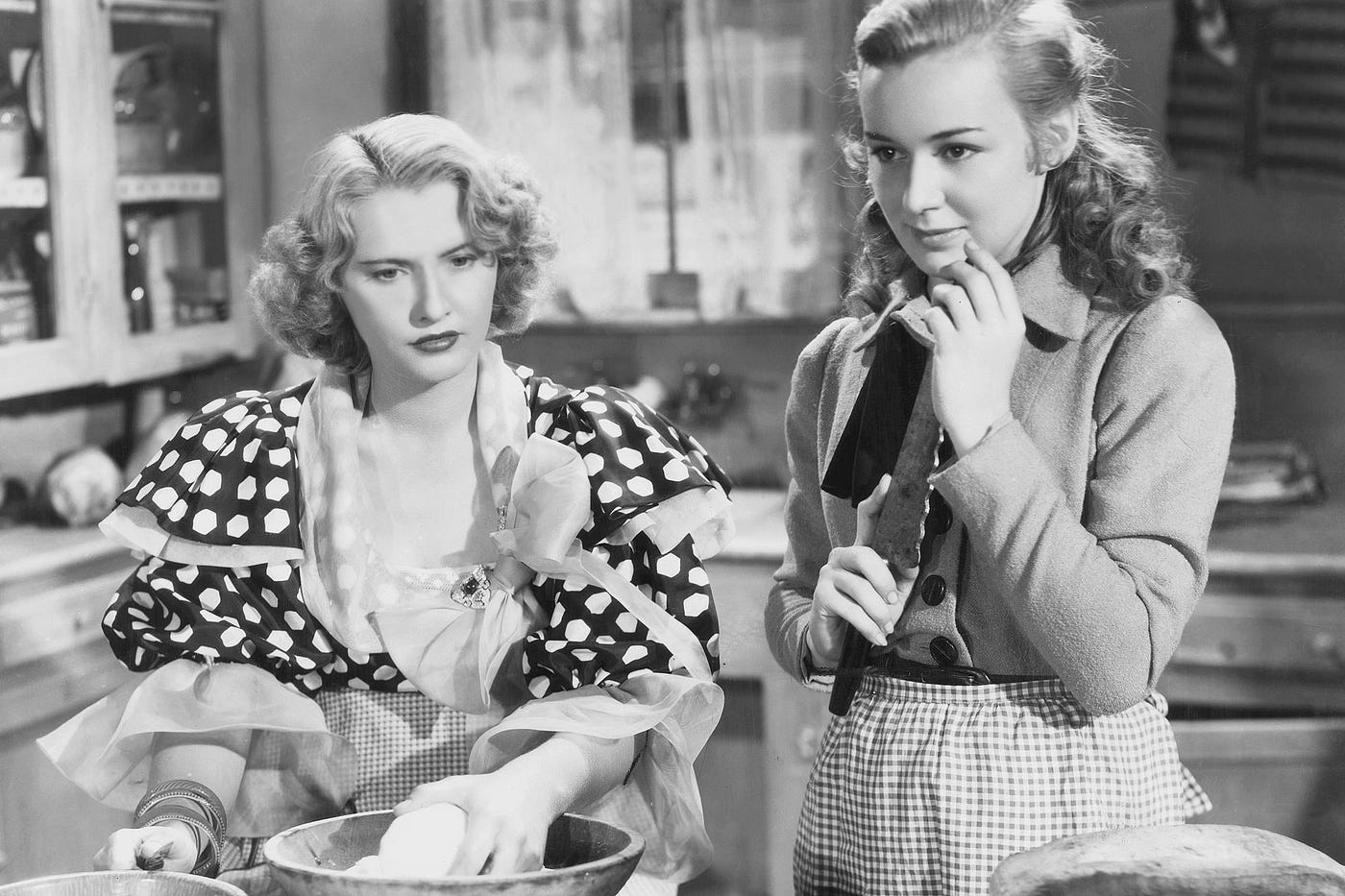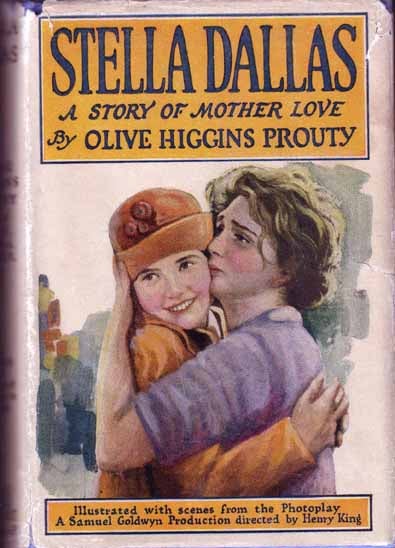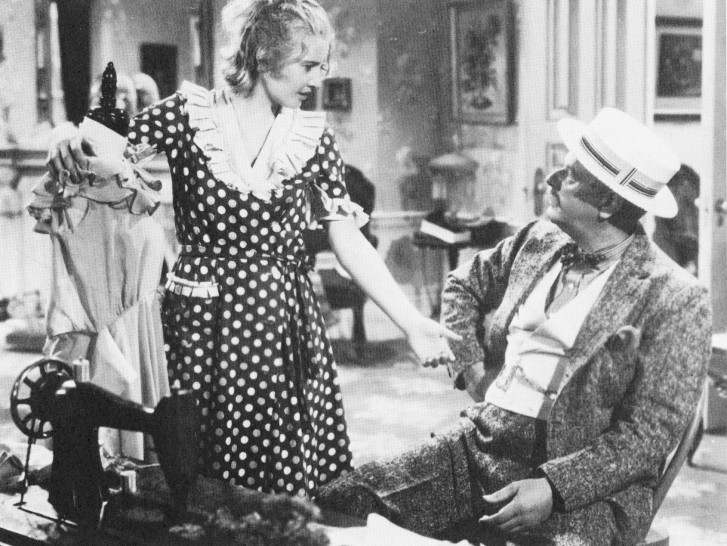Revisiting Stella Dallas from a cognitive theory of film

By A Mystery Man Writer
Different approaches address melodrama from different perspectives and usually focus on different aspects of a melodramatic production. Most of the approaches rely heavily on theories in ways of understanding melodrama. A cognitive theory of film focuses on the way audiences in general perceive a film. Staying within the framework of a cognitive theory of film, I have analyzed audience’s comments on Stella Dallas (1937) found at customer’s review. The analysis is supported by a close reading of the last sequence of the film.

Energies November-1 2019 - Browse Articles

PDF) Information, reception and film: A reader-response analysis of Rashomon

The Routledge Companion to Philosophy and Film

PDF) Information, reception and film: A reader-response analysis of Rashomon

Stella Dallas (1937): judgment and compulsory motherhood

Revisiting Stella Dallas from a cognitive theory of film

Anis PERVEZ, Researcher, Doctor of Philosophy, University of Oslo, Oslo, Department of Media and Communication

PDF) The marriages of Laurel Dallas. Or, the maternal melodrama of the unknown feminist film spectator

PDF) Revisiting Stella Dallas from a cognitive theory of film

PDF) 'Let me see her face when he kisses her, please': Mediating

PDF) Information, reception and film: A reader-response analysis of Rashomon

PDF) Race, Class, and the Pressure to Pass in American Maternal Melodrama: The Case of Stella Dallas
- Pantalones de trabajo para mujer, pantalones informales de

- Buy BODYCARE Kids Girls Panty Ultrasoft Underwear 100% Cotton Soft

- 16 Year Old Women's Underwear & Panties - CafePress

- Sports Bras for Women Workout Crop Tank Tops with Built in Bra Athletic Bras Crop Tops Padded Yoga Shirts Gym Fitness Women Sexy High at Women's Clothing store

- Karen Scott Petite Cotton Elbow-sleeve T-shirt, Created For Macy's





